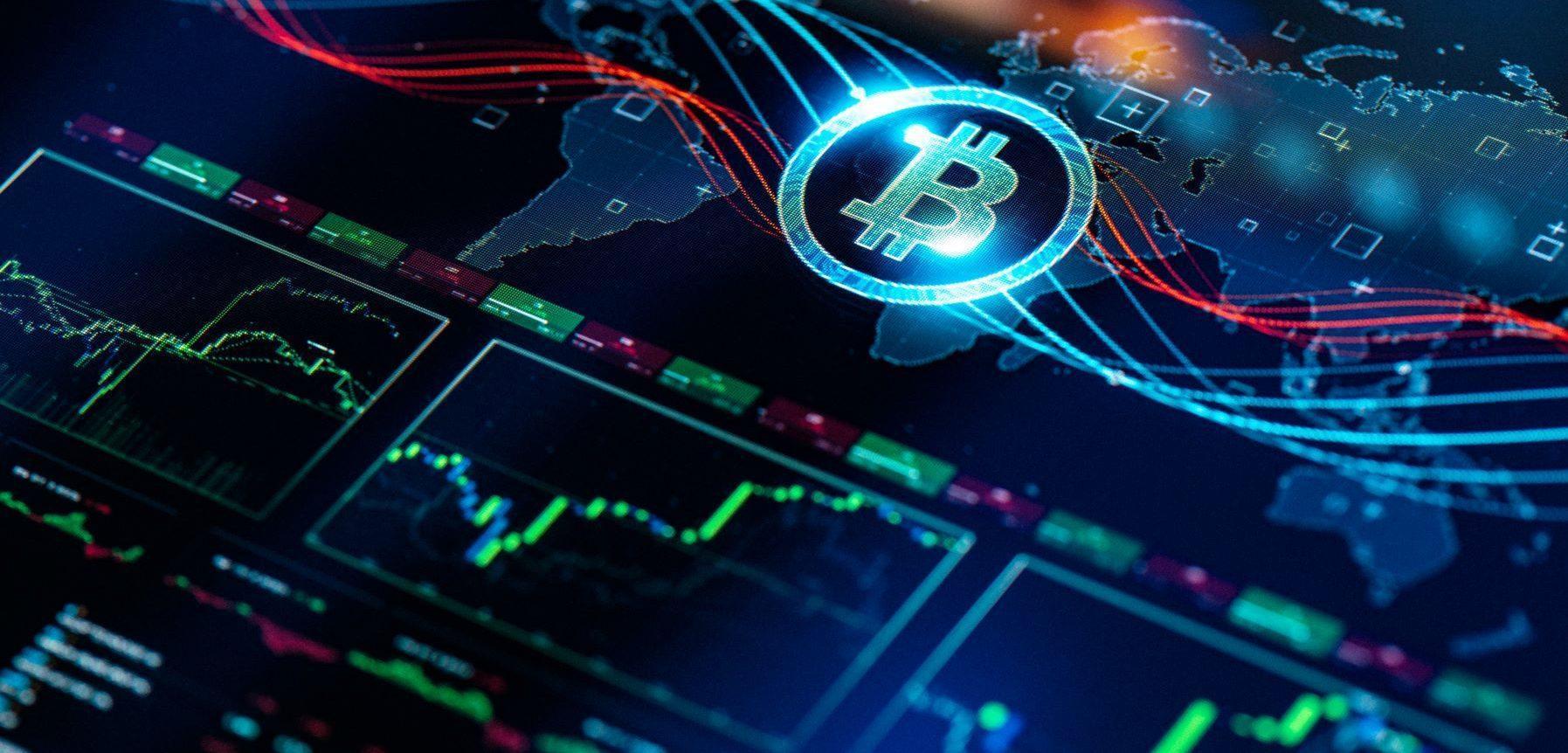Most jurisdictions are yet to enact laws or regulations governing cryptocurrencies and non-fungible tokens, leaving much uncertainty in the field. At a time when virtual assets are increasingly becoming a part of business transactions, and public interest in the sector is surging, the move to enact a law on virtual assets in Dubai is a welcome move.
Dubai Law No. 4/2022 Regulating Virtual Assets in the Emirate of Dubai was enacted on 28.02.2022 and has come into force on March 11, 2022, which is the date of its publication in the Official Gazette. The landmark legislation is a significant development and puts Dubai in an established position with respect to virtual assets in comparison to other jurisdictions.
Even prior to the enactment of the law, the UAE government had taken various measures indicating its interest in promoting the use of digital currencies and virtual assets in a regulated environment. For instance, KIKLABB, a free zone in Dubai, provided UAE investors with an option to pay for their visa and trade license fees in digital currencies, including Bitcoin, Ethereum and Tether. [1]
In line with these objectives, the Dubai World Trade Centre (DWTC) Authority entered into an MOU with the Securities and Commodities Authority (SCA) to regulate crypto assets within the jurisdiction of DWTC and expand the scope of licenses in DWTC. [2] A similar agreement has been signed by the SCA with the Dubai Multi Commodities Centre (DMCC)[3] and Dubai Airport Free Zone Authority (DAFZA), as well. [4]
Further, the Securities and Commodities Authority Decision No. 23/RM/2020 Concerning Crypto Assets Activities Regulation and Decision No. 11/2021 Concerning Guidance for Crypto Asset Regulations provides detailed guidance on the rules applicable to various activities categorized on the type of investor involved. The 2020 Regulation seeks to codify the offering, issuing, listing and trading of crypto assets and related financial activities within UAE. Licensing applications relating to crypto assets are classified into Exchange, Fundraising Platform Operator, Custody services and Brokerage, with minimum capital requirements for each category.
What are Virtual Assets?
Virtual Assets have been defined in the law as “A digital representation of the value that can be digitally traded or transferred, or can be used as an instrument for exchange, payment or investment purposes, including Virtual Tokens, and any digital representation of any other value specified by the Authority in this regard.”
Virtual assets, as defined under the Law, include cryptocurrencies such as Bitcoin and Ethereum, as well as Non-fungible Tokens (NFT). Cryptocurrencies are digital currencies that are secured by cryptography and based on blockchain technology rather than by a centralized authority such as banks. NFT’s are tokens that we can use to represent ownership of unique items such as art or collectibles. Since they are unique, they cannot be replicated, which means that these tokens can have only one official owner at a time. They differ from cryptocurrencies which are identical to each other and thus can be traded and serve as a medium for commercial transactions. However, virtual assets do not include digital representations of fiat currencies, securities, and other financial assets.
Applicability of the Law
The law applies to virtual asset services provided all over Dubai including free zones, except for DIFC, but does not apply at the federal level. Hence, all entities operating in Dubai and conducting activities covered under the Virtual Assets Law must do so only upon authorization from the regulator.
Entities interested in obtaining a license under the Law must establish their headquarters in Dubai and must obtain a commercial business license from the competent commercial licensing authority within the emirate by incorporating one of the approved legal forms of business. The entity has an option to set up the business either in the mainland or within any free zone. However, approval from VARA is a precondition to obtaining the commercial license from the relevant authority. [5]
Activities requiring a Permit under the Virtual Assets Law
- Provision of Virtual Asset Platform operation and management services;
- Provision of services of exchange between Virtual Assets and currencies, whether national or foreign;
- Provision of services of exchange between one or more form(s) of Virtual Assets;
- Provision of Virtual Asset transfer services;
- Provision of Virtual Asset custody, management or control services;
- Provision of services related to Virtual Asset Portfolios; and
- Provision of services related to offering and trading in Virtual Tokens.
Role of the VARA
The Dubai Virtual Asset Regulatory Authority (VARA) will act as the regulator under the new law. The VARA will be affiliated with the Dubai World Trade Centre (DWTC) Authority, which will serve as a hub for companies seeking to operate in the virtual assets sector.
Currently, permits are limited to offering products and services to pre-qualified investors and professional financial service providers. Every entity that receives a permit from VARA will be progressively monitored in stages, subsequent to which a decision to provide access to the retail market will be considered by the Authority. Permits may generally not be assigned to any other entity unless prior approval of the Authority is obtained.
Though virtual assets are being welcomed into the region, it is subject to heavy regulation and further compliance with statutory controls. Permits granted by Dubai’s Virtual Asset regulator are limited in scope, and entities granted permits are going to be rigorously monitored prior to granting any permits for the retail sector.
VARA has been established as a powerful regulator with powers to take various actions such as ceasing the issuance of permits, suspending activities of any virtual asset service provider, suspending any dealing in virtual assets for reasons related to the public interest or regulating dealings of virtual assets in the emirate. [6]
Moving on…
The wheels have been set in motion for the growth of this sector. Recently, the world’s leading blockchain and cryptocurrency infrastructure provider, Binance has received a license from the VARA.[7]
For the business sector in general, more implementing decisions are to be issued by the VARA to further clarify the procedures for licensing, associated fees, charges etc.
The enactment of the Virtual Assets Law along with other landmark measures such as the Crypto asset Regulation by the SCA, the issuance of crypto exchange licenses by the Financial Services Regulatory Authority in the ADGM, the establishment of a regulatory framework by DMCC for crypto firms etc. indicate Dubai’s potential to become a hub for virtual assets service providers and attract valuable investments in the digital sphere.
___________________________________________________________
[1] https://www.arabnews.com/node/1810291/business-economy (accessed on 4th April, 2022 at 12.30PM)
[2] https://www.sca.gov.ae/en/media-center/news/22/9/2021/sca-signs-agreement-with-dwtca-to-support-trading-of-crypto-assets.aspx (accessed on 4th April 2022 at 1.05 PM)
[3] https://www.lexismiddleeast.com/news/2021-03-22_40/ (accessed on 4th April 2022 at 1.20 PM)
[4] https://www.dafz.ae/en/dafza-signs-agreement-with-sca-to-support-trading-of-crypto-assets/ (accessed on 4th April 2022 at 1.15 PM)
[5] Article 15, Dubai Law No. 4/2022 Regulating Virtual Assets in the Emirate of Dubai.
[6] Article 18, Dubai Law No. 4/2022 Regulating Virtual Assets in the Emirate of Dubai.
[7] https://www.mediaoffice.ae/en/news/2022/March/16-03/BINANCE-AWARDED-SPECIALIST-LICENSE-BY-DUBAI-VIRTUAL-ASSET-REGULATORY-AUTHORITY (accessed on 21st March, 2022 at 11.50AM)





